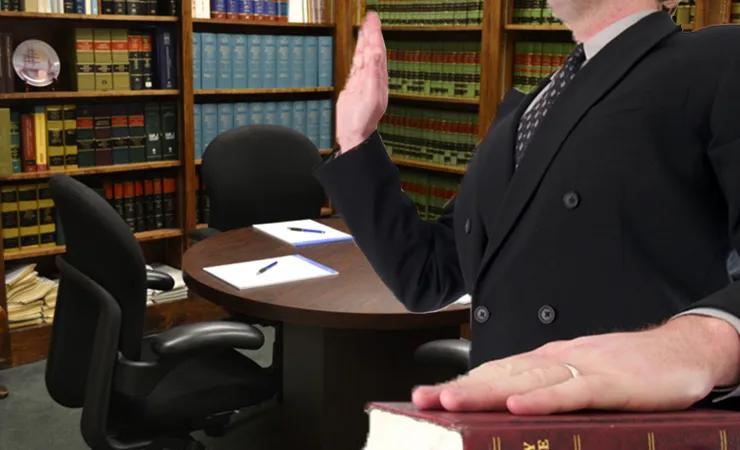How To Prepare For A Deposition In An Alaska Personal Injury Case

Accidents can be devastating, leading to physical, emotional, and financial consequences. If you find yourself involved in a personal injury case in Alaska, the deposition process is something you need to be prepared for. A deposition is a crucial part of the legal proceedings where you will be asked questions under oath about the accident, your injuries, and other relevant details. To ensure you are well-prepared and can support your claim effectively, it is essential to understand the basics of deposition and follow specific guidelines. This article will explore how you can prepare for a deposition in an Alaska personal injury case.
Understand the Basics
Before delving into the specifics of preparing for a deposition, it’s important to clearly understand what a deposition entails. Simply put, a deposition is a question-and-answer session where the opposing accident & injury lawyers will ask you about the accident, injuries, and other relevant information.
Your role is to respond with factual information that falls within your knowledge. During the deposition, your attorney will be present to support you, and a court reporter will record the proceedings. Familiarizing yourself with a deposition’s basic structure and purpose will help you approach it confidently.
Review Details of the Accident
To ensure you provide accurate and consistent information during the deposition, it’s crucial to review the details of the accident. Even if you believe you remember everything clearly, reviewing any notes you may have taken after the incident can be beneficial. These notes help refresh your memory and ensure you don’t miss any important details.
Additionally, working closely with your personal injury attorney before the deposition will allow you to review and organize any crucial information or documents related to the case. This preparation will help you present a coherent and compelling narrative during the deposition.
Dress Professionally
While the deposition may not occur in a courtroom, it is still a formal legal proceeding that requires professionalism. It is important to dress appropriately for the deposition to convey a sense of respect for the process. Opt for business casual attire that is comfortable yet polished. Remember that depositions can often last several hours, so choose clothing that lets you remain at ease throughout the session. By dressing professionally, you demonstrate and take your commitment to the process seriously.
Appreciate the Impact of a Sworn Oath
At the beginning of the deposition, you will be sworn in by a court reporter. This moment is significant, as it marks the official start of your testimony under oath. It is crucial to appreciate the gravity of the sworn oath and take it seriously. By agreeing to the oath, you commit to providing truthful and accurate information throughout the deposition. It’s important to remember that providing false or misleading statements while under oath can have serious consequences, including potential charges of perjury. Always strive to be honest and forthcoming with your answers.
Prepare for Certain Questions
During the deposition, you may encounter questions that require careful consideration and response. To handle these questions effectively, it is important to be prepared. Here are some guidelines to keep in mind:
- Seek Clarification: If you do not understand a question, don’t hesitate to ask for clarification or examples until you understand. To ensure accuracy, it’s essential to fully comprehend the question before providing an answer.
- Stick to Personal Knowledge: Only provide information that is within your knowledge. Avoid guessing or speculating about matters you are unsure of. Your role is to provide facts based on your own experience and understanding.
- Admit When You Don’t Know: If you do not know the answer to a question, it is perfectly acceptable to state that you don’t know. It is better to admit when you lack information than to provide inaccurate or misleading answers.
By following these guidelines, you can navigate the deposition process more effectively and provide reliable testimony that strengthens your case.
Preparing for a deposition can be a complex and intimidating process. Fortunately, you don’t have to face it alone. Find an injury lawyer to guide you through every step of the way. With s lawyer’s expertise and support, you can present your story confidently and support your claim effectively.


